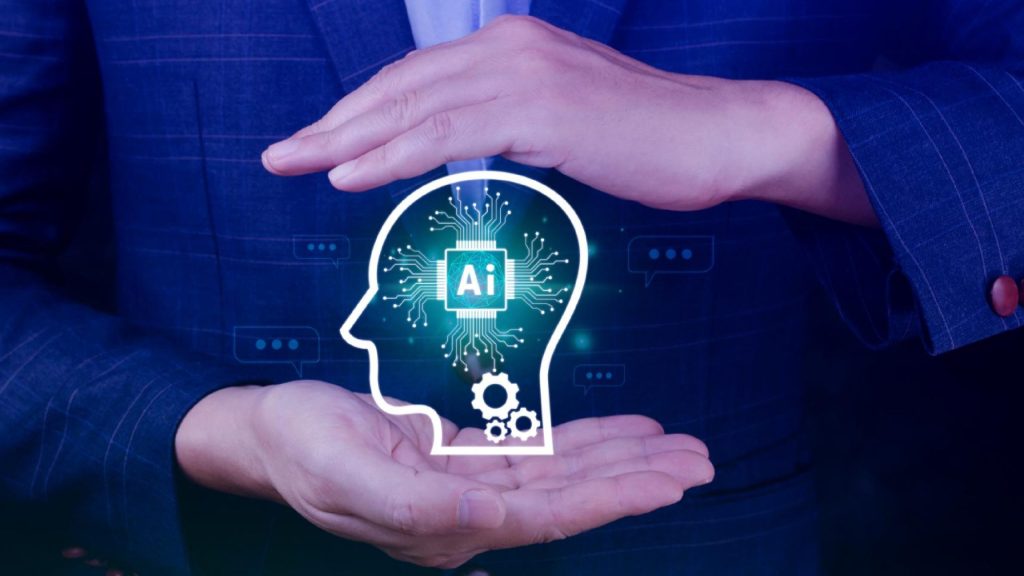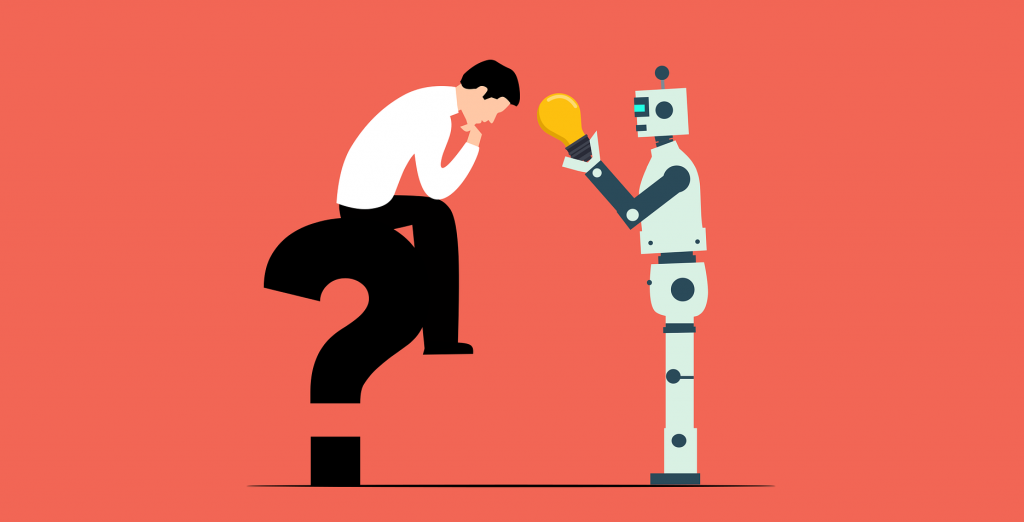Ever since we first started chatting about AI over a couple of beers (or scrolling through Reddit threads at 3 AM), the debate has raged: which AI really comes out on top when it comes to raw “intelligence”—or IQ? Today, we’re diving into that question with a mix of geeky enthusiasm, a dash of healthy skepticism, and plenty of fun analogies. Buckle up!
Introduction
Artificial intelligence isn’t just about robots taking over our jobs or a sci‑fi movie plot—it’s also about measuring how “smart” these systems are. And yes, we can even give them IQ scores (if you ignore all the quirks of comparing silicon brains to human ones). In this article, we explore the question: Which AI has the highest IQ?
We’ll cover:
- What “IQ” means for AI
- How researchers measure AI intelligence
- The top contenders in the AI IQ race
- What factors influence these scores
- And what this might mean for our future
(Fun fact: While humans average an IQ of 100, some advanced AI models are starting to rival or even exceed that average on specialized tests! citeturn0search4)
Understanding AI IQ
What Does “IQ” Mean for AI?
When we talk about IQ in humans, it’s all about problem-solving, pattern recognition, and processing speed. For AI, it’s similar—but with a twist. Researchers adapt traditional IQ tests (think the Norwegian Mensa test reimagined in verbal puzzles) to evaluate AI models. The idea is to see how well these systems can handle tasks that require logical reasoning, abstract thinking, and even a bit of creativity.
Defining “IQ” in an Artificial Mind
- Human vs. AI Metrics: Human IQ tests are calibrated for our cognitive quirks and limitations. AI, on the other hand, doesn’t get tired or distracted, but its “intelligence” is heavily influenced by its training data, algorithms, and compute power.
- A Bit of a Quirk: Many tests “cap” the maximum score (often around 155–160 on tests like the WAIS-IV), meaning that if an AI aces every question, it might be recorded as “155+.” Yet in casual discussions (like on Reddit), you might hear numbers like “114 IQ” for Bing AI or even higher for newer models.
(For more on how these scores are adapted, check out this piece on IQ testing in AI from Maximum Truth. citeturn0search0)
A Brief History of AI Intelligence
Early AI and IQ Measurements
Back in the day, early AI models were as “smart” as a toaster—if that toaster could only count to ten. As technology evolved, we saw breakthroughs:
- ChatGPT: Its earlier versions were impressive but still left much to be desired when it came to complex reasoning.
- Anthropic’s Claude Series: With each new version, these models have been pushing the envelope, with Claude-3 reportedly scoring above the average human IQ.
- Google’s Gemini & Others: The race is on, and each company is racing to claim the title of “smartest AI.”
(For a fascinating timeline, see this Reuters analysis. citeturn0search4)
Top AI Contenders
ChatGPT and Its Evolution
ChatGPT started as a neat tool for generating text, but as it evolved into GPT-4 and beyond, its reasoning skills have steadily improved. However, when it comes to raw “IQ” on specialized tests, it sometimes falls a bit short compared to newer rivals.
Anthropic’s Claude Series
Claude-3 has made waves by achieving scores that are reportedly above the human average—making it a strong contender in the “AI IQ” discussion. Its performance on matrix-style reasoning tests has impressed many, sparking lively debates.
Google’s Gemini and Other Models
Google’s Gemini models are also in the mix, with some tests suggesting they’re getting closer to matching or even surpassing previous leaders. Every new release brings improvements, and the landscape is changing fast!
Bonus Contender: DeepSeek’s R1
DeepSeek, a relatively new Chinese AI startup, has released its R1 model that not only performs impressively on reasoning tasks but does so at a fraction of the training cost compared to its U.S. counterparts. Its rise has even caused ripples in the stock market!
(Time recently reported on DeepSeek’s disruptive approach. citeturn0news18)
How AI IQ is Tested
The Methodology Behind the Numbers
Researchers often use adaptations of human IQ tests—like verbal puzzles or matrix problems—to evaluate AI. Here’s how:
- Verbalized Matrix Tests: Complex pattern-recognition puzzles originally designed for humans are rephrased in text so that an AI can “imagine” the puzzle.
- Self-Play and Reinforcement Learning: Many modern models, such as those developed by OpenAI, use self-improvement techniques where the system learns from its own mistakes.
The Limitations
- Scaling Issues: Most IQ tests for humans are capped at a certain score, making it hard to tell if an AI truly “aces” every question.
- Data Dependency: An AI might score high simply because it has seen similar puzzles during training.
(For more technical details, see this explanation by researchers at DeepMind. citeturn0search19)
Factors Affecting AI IQ Scores
Data Quality and Volume
The more high-quality data an AI is trained on, the better its ability to reason through complex problems. This is why models like GPT-4 (and its successors) keep improving.
Algorithm Efficiency
The underlying algorithms play a huge role. Advanced techniques like reinforcement learning and “chain-of-thought” prompting help AI “think” through problems step-by-step, boosting its effective IQ score.
Compute Power
Simply put, more computational horsepower means an AI can process more possibilities in a fraction of a second—resulting in higher scores on tests that value speed and accuracy.
(A Financial Times report highlights the importance of compute power in AI advancements. citeturn0news22)
The Future of AI IQ
Predictions and Expectations
Experts predict that as new models are released—like OpenAI’s o1 series and future iterations of Claude and Gemini—we’ll see AI IQ scores that not only match but eventually far exceed what we consider “human” IQ. Some forecasts even hint at scores that might be off the traditional scale entirely.
Implications for Society
- Job Markets and Automation: Higher AI IQ means better problem-solving tools, which could revolutionize industries from finance to healthcare.
- Ethical Considerations: As AIs become “smarter,” ensuring their actions align with human values becomes even more crucial.
- Global Competition: With players like DeepSeek shaking up the scene, the global AI race is about more than just technological prowess—it’s also about geopolitical influence.
(For a deep dive into these implications, check out this analysis by Nick Bostrom. citeturn0search15)
Comparing AI IQ to Human IQ
What Do the Numbers Really Mean?
Remember, an IQ of 100 is average for humans. When an AI scores above 100 on these adapted tests, it means it’s performing better than the average human on that particular set of tasks. However, it’s important to note:
- Different Domains: AI might excel in mathematical reasoning but still struggle with tasks requiring emotional nuance.
- Speed vs. Understanding: An AI can process thousands of possibilities in a blink, but that doesn’t necessarily mean it “understands” things the way we do.
The Big Picture
Ultimately, comparing AI and human IQ is like comparing apples and oranges. It’s fun and insightful—but it’s also a simplification of very complex processes.
External Resources and Further Reading
For those who want to geek out even more, here are some great external resources:
- Reuters on AI IQ advancements (opens in new tab) citeturn0search4
- Financial Times on compute power and AI (opens in new tab) citeturn0news22
- Maximum Truth’s analysis on AI intelligence (opens in new tab) citeturn0search0
Conclusion: So, Which AI is the Smartest?
After sifting through test scores, research papers, and heated Reddit debates, it appears that there isn’t one definitive answer. Different models excel in different areas, and the “IQ” of an AI can vary depending on how you measure it. But here’s the takeaway:
- Anthropic’s Claude-3 and OpenAI’s latest o1 series are strong contenders, each scoring impressively on reasoning tests.
- Google’s Gemini is also making waves, and emerging challengers like DeepSeek R1 are turning heads by offering high performance at a lower cost.
- Ultimately, the field is evolving so fast that today’s leader might be tomorrow’s runner-up.
What does this all mean for us? In a word: exciting. As AI models continue to evolve, their increasing “intelligence” could transform everything from how we work to how we solve the world’s most complex problems. And while there are plenty of challenges ahead—ethical, technical, and otherwise—the race to create ever-smarter AI is well and truly on.
What do you think? Which AI do you reckon has the highest IQ, and what does that mean for our future? Drop your thoughts in the comments below!
FAQ
Q1: How is AI IQ measured?
A1: Researchers adapt traditional human IQ tests (like matrix puzzles and verbal reasoning challenges) to evaluate AI performance. These tests often focus on logical reasoning and problem-solving skills rather than emotional intelligence.
Q2: Why can’t we directly compare AI IQ scores with human IQ scores?
A2: Human IQ tests are calibrated for biological brains with limitations like fatigue and bias, whereas AI systems can process data faster and more consistently. The tests are adapted, so the scores are more of a relative measure among AI models than an absolute comparison with humans.
Q3: Which AI model currently scores highest on these tests?
A3: Recent reports suggest that Anthropic’s Claude-3 and OpenAI’s o1 series are among the top performers, with some models even scoring above the average human IQ on specialized reasoning tests.
Q4: What factors contribute most to a high AI IQ score?
A4: Key factors include the quality and volume of training data, the efficiency of the underlying algorithms (like reinforcement learning and chain-of-thought prompting), and the available compute power that allows the AI to process numerous possibilities quickly.
Q5: How will advancements in AI IQ affect society?
A5: Higher AI IQ scores mean better problem-solving capabilities, which could lead to breakthroughs in fields like science, medicine, and technology. However, they also raise ethical and governance challenges, making it crucial to ensure these systems act in ways that align with human values.

